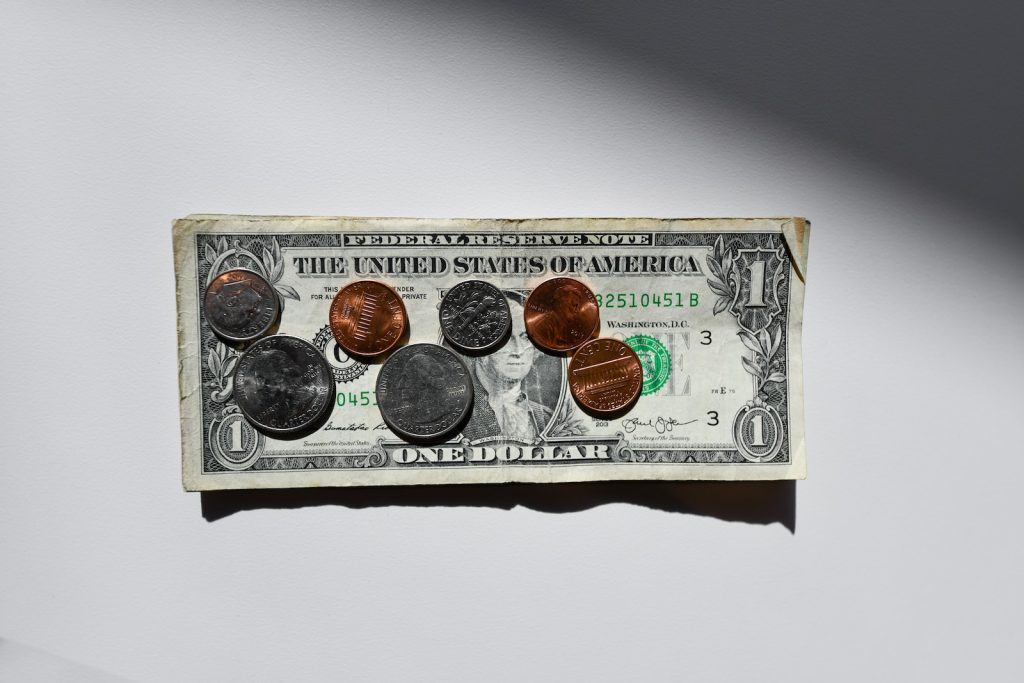Howdy, folks! I’m Sarah Banks, your friendly neighborhood financial enthusiast, and today, we’re diving deep into the exciting world of ethical financial innovations. Buckle up because we’re about to explore how you can make your dollars do good while still making cents (pun intended).
In the fast-paced world of finance, it’s easy to get lost in the jargon, complex investments, and the allure of quick profits. But let’s face it, those Wall Street wolves aren’t always thinking about the greater good. That’s where ethical financial innovations come into play, offering a refreshing approach to money matters.
What Are Ethical Financial Innovations?
Before we jump into the fun stuff, let’s clear up what we mean by “ethical financial innovations.” These are financial products, services, and investments that not only aim to generate financial returns but also prioritize social, environmental, and ethical values.
Imagine putting your hard-earned money to work in a way that benefits the planet, supports marginalized communities, and aligns with your personal values. Sounds like a dream, right? Well, it’s a dream that’s becoming increasingly attainable, thanks to a slew of innovative financial solutions.
Impact Investing: Where Profits Meet Purpose
One of the coolest kids on the ethical financial innovation block is impact investing. This involves putting your money into companies or projects that aim to make a positive impact on society or the environment.
Let’s say you’re passionate about clean energy. You could invest in a renewable energy company that’s working to reduce carbon emissions. Not only can you potentially earn a solid return on your investment, but you can also pat yourself on the back for helping combat climate change.
Take, for instance, Tesla. While they’re known for their electric cars, they’re also making strides in solar energy. By investing in Tesla, you’re not just supporting a cutting-edge company; you’re supporting a greener future.

Crowdfunding for Good
Crowdfunding isn’t just for that quirky invention or the latest gadget. It’s also a fantastic way to support ethical and socially responsible projects. Platforms like Kickstarter and Indiegogo are teeming with projects that aim to make a difference.
For example, there are campaigns to develop sustainable farming practices in underserved communities, create eco-friendly fashion lines, or even fund documentaries shedding light on crucial social issues. By contributing to these projects, you’re part of a community working towards positive change.
Ethical Banking and Credit Unions
Your day-to-day financial choices can also be ethical. Consider switching to an ethical bank or credit union that prioritizes responsible lending and investing. These institutions often steer clear of funding industries like fossil fuels or weapons manufacturing and focus on community development.
In the United States, banks like Amalgamated Bank and credit unions like the Aspiration Spend & Save account are known for their ethical banking practices. When you deposit your money with them, you can rest easy knowing it won’t be used for activities that clash with your values.
Fintech with a Heart
The fintech revolution has given birth to a new wave of ethical financial innovations. Apps and platforms like Acorns, Stash, and Ellevest are making it easier than ever to invest responsibly and with purpose.
Acorns, for instance, rounds up your everyday purchases to the nearest dollar and invests the spare change in a diversified portfolio. It’s a low-effort way to grow your money while supporting ethical investment options.

Community Development Financial Institutions (CDFIs)
CDFIs are like the unsung heroes of ethical finance. They’re community-based financial institutions that provide affordable credit, loans, and financial services to underserved communities. By supporting CDFIs, you’re directly contributing to economic empowerment and local development.
Conclusion: The Future of Finance is Ethical
In a world where profit often takes precedence, ethical financial innovations are a refreshing change of pace. They prove that you can grow your wealth while making a positive impact on society and the planet.
Remember, the key is to align your financial choices with your values. Whether you’re investing in impact projects, crowdfunding for good, or simply switching to an ethical bank, every dollar you put to work can make a difference.
So, as you navigate the landscape of ethical financial innovations, keep your values close and your wallet open. Together, we can shape a brighter, more responsible financial future—one dollar at a time. Happy investing, my fellow ethical spenders!

































